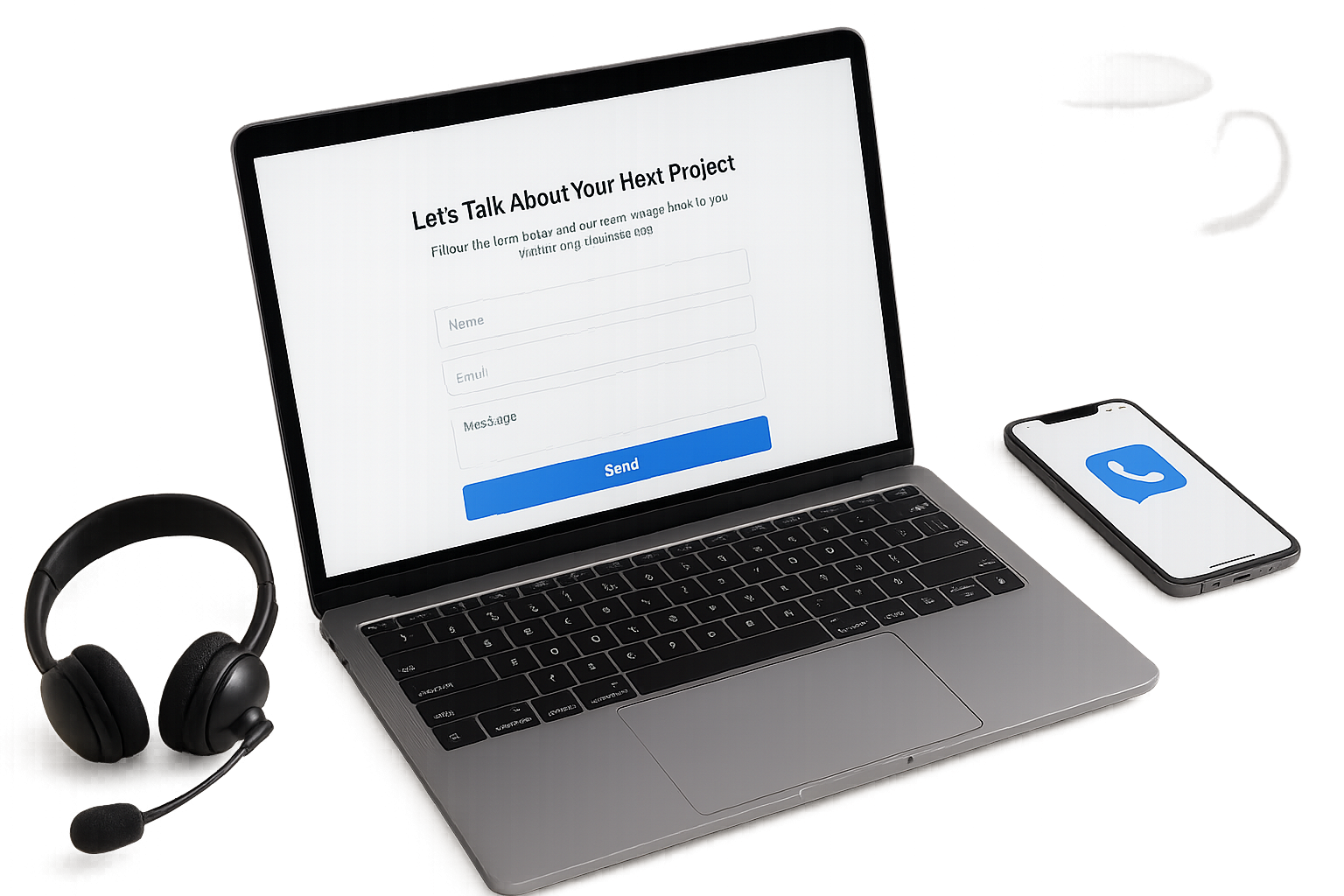Unlock the Power of Automatic Sales Funnels: Discover Effective Types and Differences Today!

What is the Meaning of a Sales Funnel and Why Every Business Needs One?

Have you ever wondered why some businesses thrive while others struggle to stay afloat? The meaning of a sales funnel might just hold the key to their success! A sales funnel is a strategic model that guides potential customers through a journey from awareness to purchase. Think of it as a pathway that helps businesses manage their customer relationships effectively, ensuring no lead gets lost along the way. ⭐
Understanding the Basics of a Sales Funnel
A typical sales funnel consists of several stages: Awareness, Interest, Decision, and Action. Each stage captures a specific group of potential customers based on their interactions with your brand. Heres a closer look:
- Awareness: Customers first learn about your product or service through ads, social media, or word of mouth.
- Interest: Once intrigued, they seek more information, perhaps visiting your website or blog.
- Decision: At this point, they consider their options and may compare competitors.
- Action: Finally, they make a purchase or sign up for your service! ⭐
Why Every Business Needs A Sales Funnel
Statistics show that businesses with a well-defined sales funnel can increase their conversion rates by up to 300%! This is because a structured funnel clarifies the purchasing process for customers, making it easier for them to follow through with their decision. A sales funnel acts as a map that outlines every step a customer takes, allowing businesses to identify bottlenecks and areas for improvement.
Take the story of Radu, for example. He runs a local coffee shop and has been struggling with low foot traffic. After applying funnel strategies, he focused on creating engaging social media content to draw people in. By guiding them through special promotions and loyalty programs, he managed to increase his customer base by 40% in just three months! ☕️
Common Misconceptions About Sales Funnels
One myth surrounding sales funnels is the idea that they are only for large organizations. In reality, even small businesses can benefit from implementing a sales funnel strategy. For instance, a local craftsman, Maria, uses a basic sales funnel on her Instagram page. She posts eye-catching images of her products, engages followers with polls, and offers a discount code to drive sales. This approach not only showcases her work but also nurtures leads until they become buyers!
The Effectiveness of an Automatic Sales Funnel
With the rise of technology, many businesses are turning to automatic sales funnels. An automatic sales funnel is customizable and operates without constant human intervention. Imagine having a system generating leads while you sleep! ⭐ That’s the beauty of automation. It allows businesses to reach a wider audience effortlessly and maintain communication with potential customers.
In fact, research indicates that automated email campaigns can yield a 3800% return on investment! Thats an impressive way to build your brand and keep your customers engaged without burning out your team. ⭐
How To Order an Automatic Sales Funnel
Ready to craft your sales funnel? Here’s a simple guide:
- Identify your target audience.
- Map out your complete funnel process.
- Choose the right tools to automate your funnel.
- Launch and monitor your funnels performance.
- Iterate based on feedback and analytics.
⬇️ Don’t know where to start? Our experienced team at Nexrilo specializes in developing personalized sales funnels tailored to your business needs. Call us today at [email protected] or visit nexrilo.com for a comprehensive consultation! Remember, every successful business has a competent sales funnel!
Frequently Asked Questions
- What is a sales funnel? A sales funnel is a structured process that guides potential customers from awareness to purchase.
- How do I know if a sales funnel works? Monitor conversion rates and customer engagement metrics.
- Can small businesses use sales funnels? Absolutely! Both small and large businesses can benefit from them.
- What technology do I need for an automatic sales funnel? Basic tools include email marketing platforms and CRM software.
- How long does it take to set up a sales funnel? It varies, but initial setup can take from a few days to weeks.
- What types of content should I create for my funnel? Engaging blog posts, videos, and downloadables are all great options.
- How often should I update my sales funnel? Regularly—based on performance data and changing customer needs.
- Should I use paid advertising for my sales funnel? Yes! Paid ads can drive traffic and improve funnel effectiveness.
- What is the cost of a sales funnel service? Prices can vary, so check for services like landing page development starting from €1560.
- How can I contact Nexrilo for sales funnel services? Reach out via phone at [email protected] or visit our website at nexrilo.com.
How is a Funnel Different from an Auto Funnel: Debunking Common Myths

When discussing sales funnels, many people throw around terms like auto funnel and automatically assume they mean the same thing. However, there are important distinctions you need to understand to harness the power of each effectively! ⭐
Understanding the Basics: What is a Sales Funnel?
First, let’s recap what a traditional sales funnel is. It’s a process that visually represents the journey your potential customers take from the moment they discover your brand to the point they make a purchase. This includes several stages, like awareness, interest, consideration, and action. Each stage requires tailored marketing strategies to guide leads further down the funnel.
Defining the Automatic Sales Funnel
On the other hand, an automatic sales funnel uses technology to streamline and automate many of these processes. Imagine if your sales funnel was running on autopilot while you focused on other aspects of your business! With automated systems, you can manage everything from email follow-ups to lead scoring without manual intervention. Research suggests that automating your sales funnel can increase conversion rates by up to 30%! ⭐
Key Differences Between Sales Funnels and Auto Funnels
- Human Intervention: Traditional funnels often require hands-on management, involving manual outreach and follow-ups. Automatic funnels minimize human input, using software integrations and marketing automation tools.
- Speed: A sales funnel may take time to nurture leads through all stages. Meanwhile, an automatic funnel can quickly deliver timely content and offers, targeting prospects based on their behavior.
- Data Collection: Manual funnels usually have less sophisticated tracking methods, while auto funnels leverage analytics tools to gather data automatically, providing insights into customer behavior and preferences.
- Cost Efficiency: While setting up a sales funnel can involve various costs, an automatic sales funnel saves time and money in the long run by reducing the need for continuous manual oversight.
Common Myths About Sales Funnels
Let’s debunk some myths that surround funnels and auto funnels:
-
Myth 1: “All funnels generate the same results.”
In reality, the effectiveness of a funnel greatly relies on its design and execution. A well-optimized automatic sales funnel can outshine a poorly managed traditional funnel. -
Myth 2: “Automatic funnels are set-it-and-forget-it.”
Even though auto funnels require less constant management, they still need regular updates and optimizations based on analytical feedback to remain effective. -
Myth 3: “Sales funnels are only for large businesses.”
Small businesses can also reap the benefits of funnels, especially with cost-effective tools that cater to different sizes of operations. -
Myth 4: “You can’t build personal relationships with auto funnels.”
This misconception is false! Automated funnels can still be personalized with targeted messages and segmented lists based on customer preferences, making each customer feel valued. ❤️
Real-life Instances of Funnel vs. Auto Funnel
Take the case of Ion, who runs a fitness coaching business. He initially relied on traditional funnels, sending emails manually to potential clients. This approach was tedious, and his conversion rates were lukewarm. Once he transitioned to an automatic sales funnel, utilizing targeted email sequences, he was able to engage prospects in a more timely manner, leading to a 50% increase in client sign-ups in just six months! ⭐️♂️
When to Use Each Type
Deciding whether to use a sales funnel or an auto funnel relies on your business needs:
- If you’re just starting out and want to build valuable relationships with a small audience, a traditional sales funnel may be ideal.
- If your business is growing, and you want to efficiently manage a larger audience with less manual effort, an automatic sales funnel is your best bet!
At Nexrilo, we specialize in both sales funnel strategies and automated solutions tailored to your unique needs. If you’re ready to enhance your customer engagement and increase your sales, give us a call at [email protected] or visit us at nexrilo.com for more information! ⭐️
Frequently Asked Questions
- What is the main difference between a sales funnel and an auto funnel? A sales funnel involves more hands-on management, while an auto funnel automates most processes for efficiency.
- Can small businesses use auto funnels? Yes, many automation tools accommodate small businesses perfectly.
- How do I measure the effectiveness of my funnel? Use analytics tools to track metrics like conversion rates and customer engagement.
- Is an auto funnel more expensive? While initial setup can vary, automated funnels often save costs by reducing the need for manual interventions.
- What tools are recommended for building auto funnels? Popular options include HubSpot, ClickFunnels, and Mailchimp.
- How often should I review my funnels performance? Regularly, ideally at least once a month.
- Do I need technical skills to set up an auto funnel? While basic understanding helps, many platforms simplify the process with user-friendly interfaces.
- Can automation personal interactions? Yes, auto funnels can be personalized based on customer data.
- Should I still use traditional funnels? If your audience is small or local, traditional funnels can build closer relationships.
- How can Nexrilo help with my sales funnel? We offer full-spectrum services, including setting up and optimizing both sales and auto funnels. Reach out today!
Fill out the form below and our team will reach out within one business day
